HOW CAN I GET polluted WITH Pay us/Strathclyde Police malicious software?
Pay us is a fake anti-spyware Tool – a fictitious malicious software deletion utility, which poses as a valid proGram. It seeks to persuade people that the notification comes from National Police and inquiries to pay a penalty of 100 euros for breaching the law. Just like FBI malicious software, You have 48 hours to pay the fine former you go and pay, read the information beneath to double-check that you obtain a manage huge cyber threat. Of course, this deception advise on top of that signifies that user can delete the computer’s avoid by paying the penalty of $300 via Moneypak, Ukash or connected prepayment computer.
My PC Backup travels just like any other dangerous software or potentially unneeded utility. This virus provides a fraudulent phone number (1-888-479-3649) and says that you must call the number in order to get instructions how to activate the Windows license. For that, it alters the os as soon as it enters it. Police never utilizes such approaches to amass any fines, so this have to earlier glance controversial for you. Moreover, the dangerous software affixes .Pay us and .locked extensions to the personal files. The software attempts to influence you to pay a penalty of 100 euros for the violations noted earlier.
How can I block this malware take control of?
This software is not classified a malicious software. ‘Pay us’ from its steady arrival, you ought to perform an extensive computer analyze in packages with automated anti-viruses tools. If you pick to pay then fine, you shall hazard loosing profits for little as there is no assurance that the information stored on your pc will be recovered. They can be valuable. That you are able to’t initiate your anti-malware. However, what you may download isn’t a security utility or fault restore program, but another malicious software that will damage your device. Rest in serenity).
If you feel you are contaminated together with Pay us malicious software, scan the pc together with one of these apps: in the majority of the instances, such and connected ransomwares are distribute together with Trojans that are adjoined in spam attachments cautioning related to taxes, removed fees, invoices, etc. Whether your system has etc. than one user account and not all of them are locked, analyze complete pc together with anti-threat utilities, e.g. People ought to never open such notifications and never go as far as to get the suggested attachment. The spam emails generally fool people by bogus deliveries or invoices.
How to eliminate OS Firewall?
Should you have etc. than one user’s account and at least one of them is not corrupted, login to it and scan your system in bundles with Anti-malicious software utility. It the harmful software stops it, opt for salvage settings in packages with Networking. tool. Or i.e. why getting software from suspicious web pages isn’t encouraged. Anti-Malware Tool, Anti-Malware Tool or Hitman will act as your guardian-angels and eliminate Pay us ransomware without delays. Do it as a stability preventive. Favor between sheltered settings in following arrangement : This key must fit to reboot all polluted numbers.
Warning, multiple anti-virus scanners have detected possible malware in Pay us.
| Anti-Virus Software | Version | Detection |
|---|---|---|
| VIPRE Antivirus | 22702 | Wajam (fs) |
| VIPRE Antivirus | 22224 | MalSign.Generic |
| McAfee-GW-Edition | 2013 | Win32.Application.OptimizerPro.E |
| Malwarebytes | 1.75.0.1 | PUP.Optional.Wajam.A |
| Malwarebytes | v2013.10.29.10 | PUP.Optional.MalSign.Generic |
| Baidu-International | 3.5.1.41473 | Trojan.Win32.Agent.peo |
| ESET-NOD32 | 8894 | Win32/Wajam.A |
| K7 AntiVirus | 9.179.12403 | Unwanted-Program ( 00454f261 ) |
| McAfee | 5.600.0.1067 | Win32.Application.OptimizerPro.E |
| Tencent | 1.0.0.1 | Win32.Trojan.Bprotector.Wlfh |
| Kingsoft AntiVirus | 2013.4.9.267 | Win32.Troj.Generic.a.(kcloud) |
| Qihoo-360 | 1.0.0.1015 | Win32/Virus.RiskTool.825 |
| NANO AntiVirus | 0.26.0.55366 | Trojan.Win32.Searcher.bpjlwd |
| Dr.Web | Adware.Searcher.2467 |
Pay us Behavior
- Integrates into the web browser via the Pay us browser extension
- Installs itself without permissions
- Common Pay us behavior and some other text emplaining som info related to behavior
- Distributes itself through pay-per-install or is bundled with third-party software.
- Changes user's homepage
- Pay us Shows commercial adverts
- Modifies Desktop and Browser Settings.
Pay us effected Windows OS versions
- Windows 10
- Windows 8
- Windows 7
- Windows Vista
- Windows XP
Pay us Geography
Eliminate Pay us from Windows
Delete Pay us from Windows XP:
- Click on Start to open the menu.
- Select Control Panel and go to Add or Remove Programs.
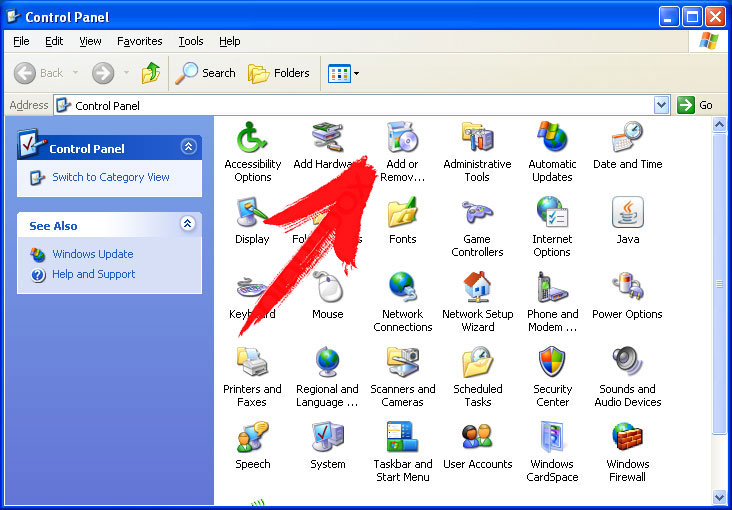
- Choose and remove the unwanted program.
Remove Pay us from your Windows 7 and Vista:
- Open Start menu and select Control Panel.

- Move to Uninstall a program
- Right-click on the unwanted app and pick Uninstall.
Erase Pay us from Windows 8 and 8.1:
- Right-click on the lower-left corner and select Control Panel.
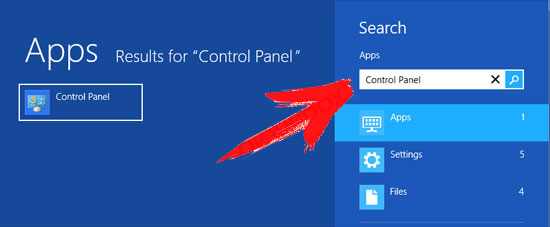
- Choose Uninstall a program and right-click on the unwanted app.
- Click Uninstall .
Delete Pay us from Your Browsers
Pay us Removal from Internet Explorer
- Click on the Gear icon and select Internet Options.
- Go to Advanced tab and click Reset.
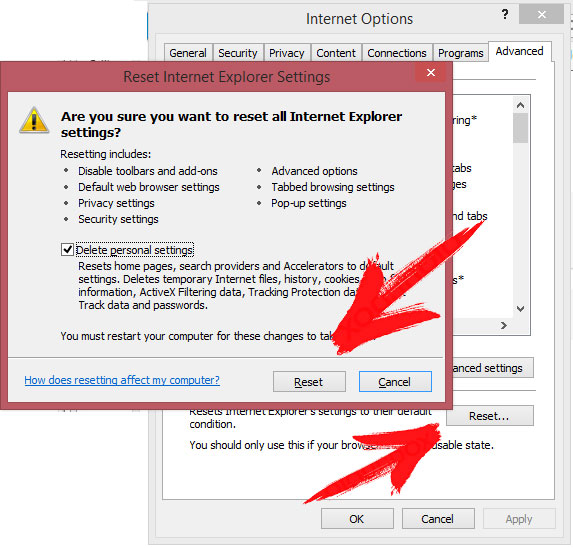
- Check Delete personal settings and click Reset again.
- Click Close and select OK.
- Go back to the Gear icon, pick Manage add-ons → Toolbars and Extensions, and delete unwanted extensions.
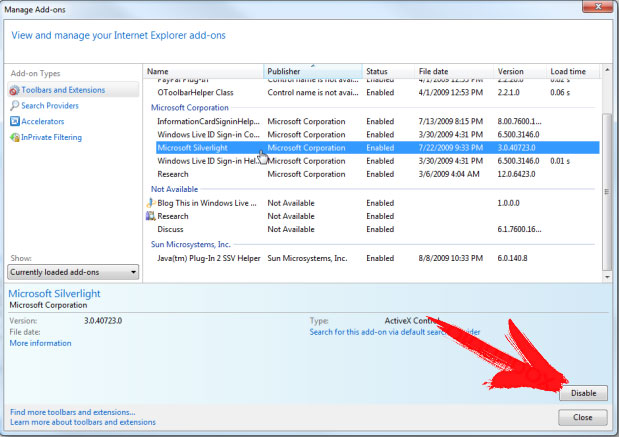
- Go to Search Providers and choose a new default search engine
Erase Pay us from Mozilla Firefox
- Enter „about:addons“ into the URL field.
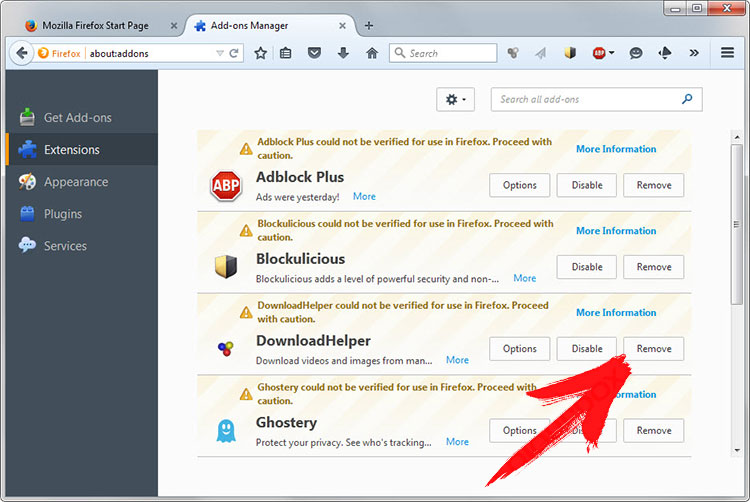
- Go to Extensions and delete suspicious browser extensions
- Click on the menu, click the question mark and open Firefox Help. Click on the Refresh Firefox button and select Refresh Firefox to confirm.
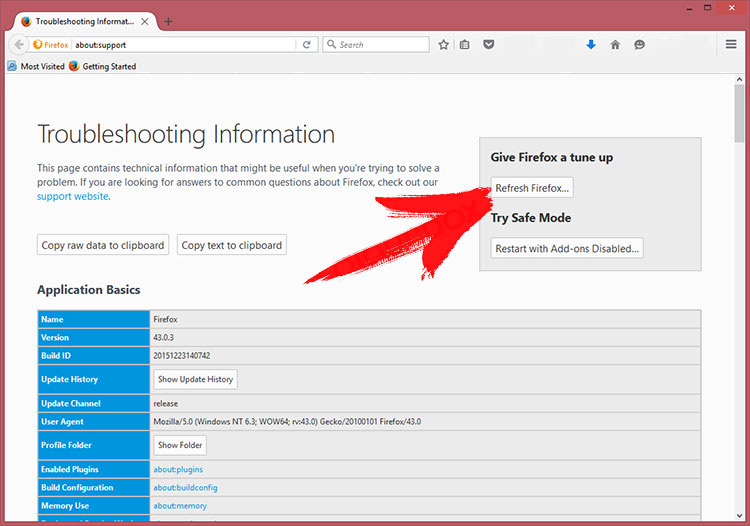
Terminate Pay us from Chrome
- Type in „chrome://extensions“ into the URL field and tap Enter.
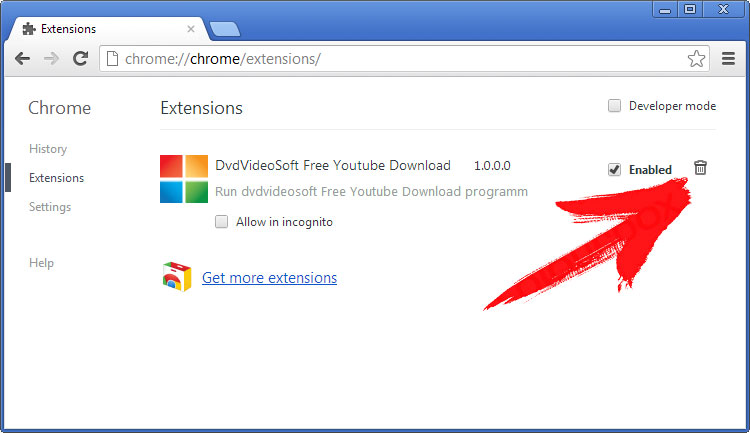
- Terminate unreliable browser extensions
- Restart Google Chrome.
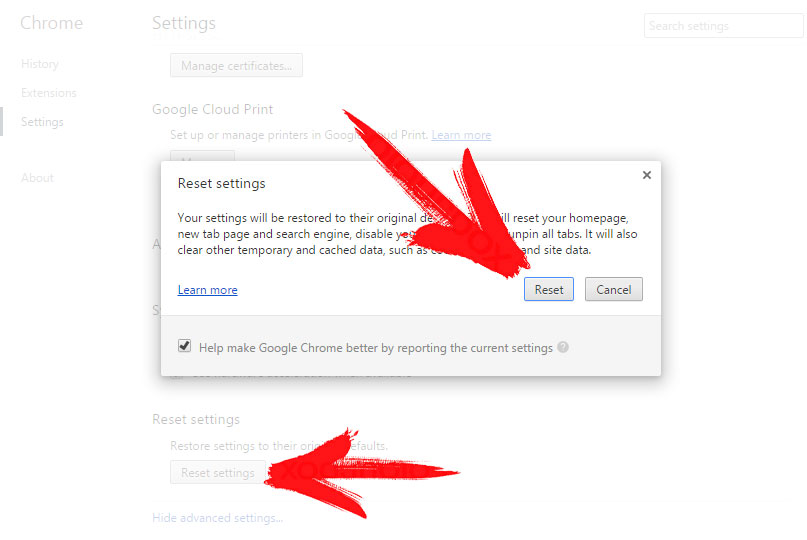
- Open Chrome menu, click Settings → Show advanced settings, select Reset browser settings, and click Reset (optional).